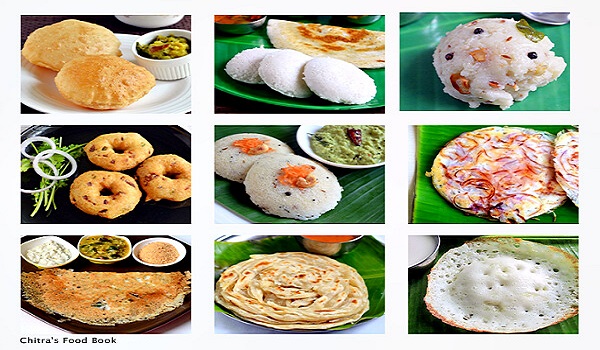The landscape of India’s breakfast industry is undergoing a significant transformation driven by the shifting preferences of its largest consumer base, Generation Z (Gen Z). As companies race to adapt to the evolving needs of teenagers and individuals in their twenties, major disruptions are on the horizon.
Gen Z is redefining the concept of breakfast by adopting a “snackifying” approach, where meals are either replaced with snacks or supplemented with them. A report by The Times of India (ToI) on August 16th highlighted this trend, revealing that while Gen Z possesses the intent to consume healthy foods, there exists a gap between intention and action, resulting in increased consumption of snacks.
Market intelligence agency Mintel’s research supports this insight, showing that Gen Z engages in snacking more frequently than other age groups, making them a prime target for the snacking industry. This inclination towards snacking presents a growth opportunity for companies that have adopted or are in the process of modifying their product portfolios to cater to this trend.
Tulsi Joshi, Senior Food and Drink Analyst at Mintel Reports India emphasized that although Gen Z intends to snack healthily, emotional triggers and boredom often lead to indulgent snacking behaviours. Thus, the consumption of indulgent snacks remains pivotal, especially among Gen Z individuals.
The projected growth of India’s snacking sector is promising, with Mintel Reports India estimating a growth rate of over 7% between 2022 and 2026, driven primarily by Gen Z consumers. Many companies that previously had limited engagement with Gen Z buyers are now compelled to pivot their strategies. Notably, established brands like Gits, which originally had limited engagement with Gen Z, have introduced “ready-to-eat” products that resonate with this age group.
Sahil Gilani, Director of Sales and Marketing at Gits Food Products, noted that as culinary skills diminish among younger generations, ready-to-eat options gain favour over traditional cooking methods. The balance between taste and health is pivotal, as Gen Z seeks “better for you” recipes that satisfy both cravings and dietary preferences.
The entry of Gen Z into the workforce is anticipated to usher in a deeper change in breakfast consumption dynamics. As these individuals lead busy lives, they are likely to seek time-efficient, convenient snacks that provide sustained satiety.
Experts predict that the intent-action interplay among Gen Z habits will evolve over time, mirroring trends observed in previous generations. A greater emphasis on health is expected to emerge as Gen Z ages, aligned with the pattern seen among millennials.
Nonetheless, this transformation in breakfast habits has implications beyond the dining table. Experts suggest that managing Gen Z in work environments could prove challenging due to their tendency towards spontaneity and low frustration tolerance. This generation’s inclination towards binge-eating and emotional responses underscores the importance of addressing well-being concerns in both personal and professional contexts.
In fact, the entrance of Gen Z into India’s breakfast market is causing significant disruptions, prompting both challenges and opportunities. Companies must navigate the nuances of Gen Z’s snacking preferences while considering their impact on workplace dynamics and well-being.


